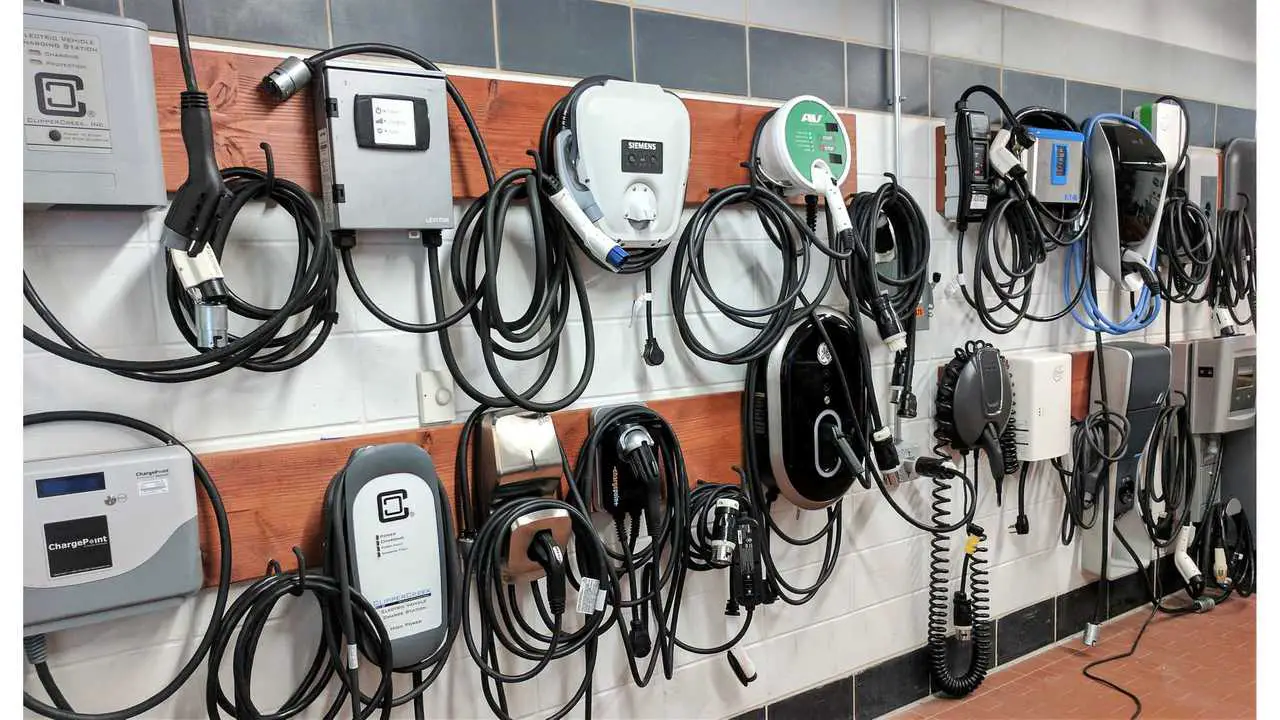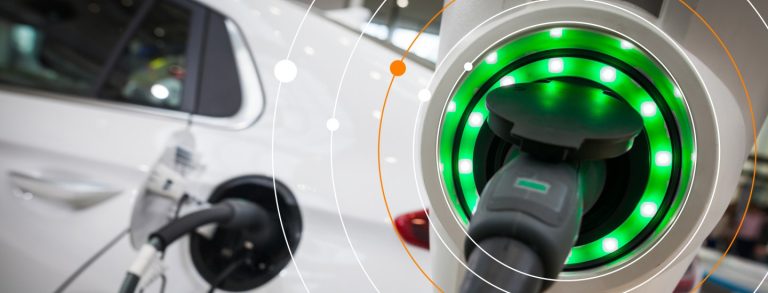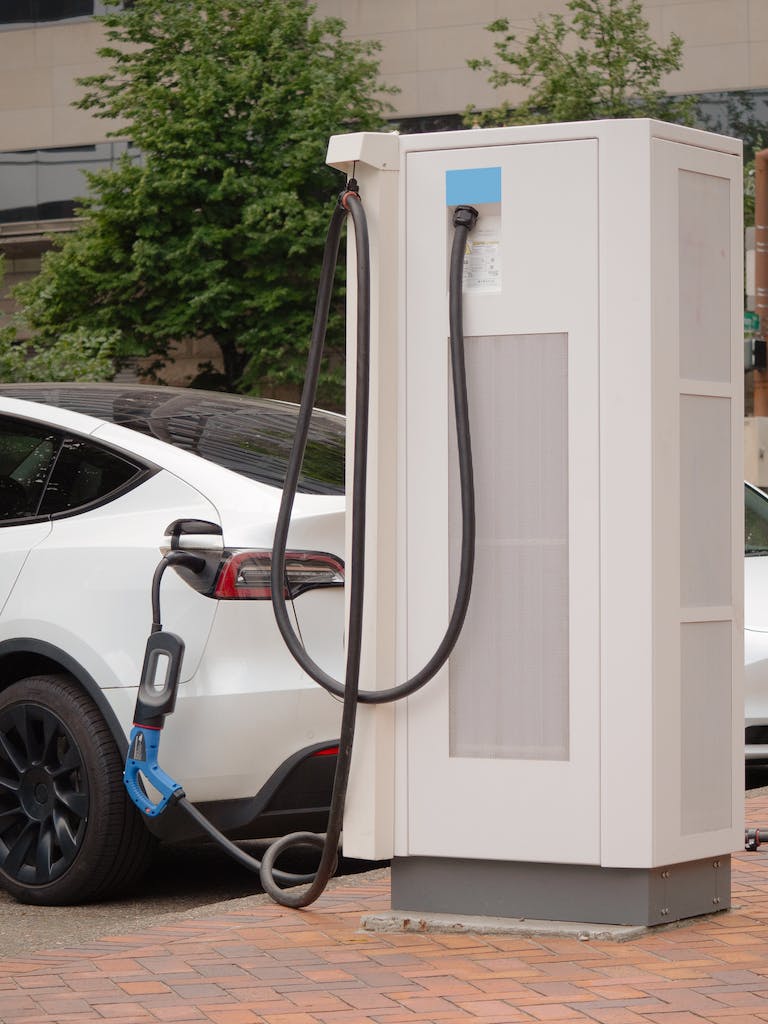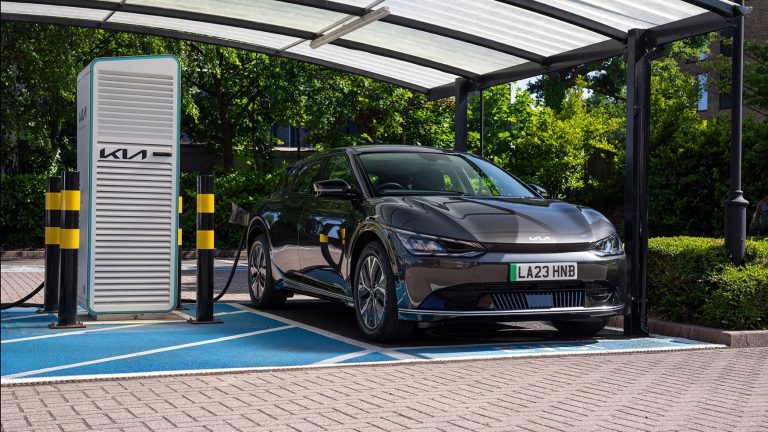What Size Breaker for Electric Car Charger : The Ultimate Guide
With the rising popularity of electric vehicles (EVs), many homeowners are choosing to install their own electric car chargers at home. This allows them to conveniently charge their EVs overnight and start each day with a full battery. However, one of the critical aspects of installing an electric car charger is determining the right size breaker to use.
Understanding Electric Car Charger Breaker Sizing
Before determining the size of the breaker for your electric car charger, it’s essential to understand the basics of breaker sizing. Breakers are designed to protect the electrical wiring and components in a circuit from overheating and potential fire hazards. They do this by disconnecting the circuit when there is an excessive electrical load or a short circuit.
When it comes to electric car charger installations, the breaker size is crucial as it ensures the safety and proper functioning of the charger. The size of the breaker also determines the maximum charging capacity of the EV charger.
Factors to Consider
Several factors need to be considered when determining the size of the breaker for an electric car charger:
- Charger Capacity: The first thing to consider is the capacity of the electric car charger. Different chargers have different amperage ratings, such as 16A, 32A, or higher. The breaker size should be compatible with the charger’s amperage rating.
- Wiring Size: The size and type of wiring used for the EV charger installation will also dictate the appropriate breaker size. Thicker wiring can handle higher amperage and will require a corresponding breaker size.
- Manufacturer’s Recommendations: It’s crucial to refer to the manufacturer’s specifications and recommendations for the electric car charger. The manufacturer will often provide guidelines on the minimum and maximum breaker size that should be used for their charger models.
- Future Expansion: If you plan on upgrading to a higher-capacity EV charger in the future, it’s wise to install a breaker with a capacity that can accommodate the potential upgrade without the need for rewiring.
Calculating the Breaker Size
Once you’ve considered the factors mentioned above, you can calculate the appropriate breaker size for your electric car charger. The following steps can guide you through the sizing process:
- Determine the Charger’s Amperage: Check the manufacturer’s specifications or the label on the EV charger to find its amperage rating.
- Check the Wiring Rating: Ensure that the wiring used for the installation can support the amperage of the charger. The wiring should be rated for the maximum current expected to flow through it.
- Consider the Continuous Load: If the EV charger will be considered a continuous load (operating for three hours or more), the National Electrical Code (NEC) requires a 125% derating of the continuous load. This means the amperage multiplied by 1.25 will be used to determine the breaker size.
- Consult a Professional: If you’re unsure about the calculations or the technical details, it’s best to consult a qualified electrician. They can assess your specific installation requirements and recommend the appropriate breaker size accordingly.

Credit: www.lowes.com
Common Breaker Sizes for EV Chargers
Electric car chargers typically require specific breaker sizes based on their amperage ratings. Here are the common breaker sizes for different charger capacities:
| Charger Capacity | Recommended Breaker Size |
|---|---|
| 16A | 20A |
| 32A | 40A |
| 40A | 50A |
It’s important to note that these are general recommendations and may vary based on specific factors related to the installation. Always refer to the manufacturer’s guidelines and consult with a professional to ensure the right breaker size for your EV charger.
Conclusion
Choosing the right size breaker for an electric car charger is a critical step in ensuring a safe and efficient charging installation. By considering the charger’s capacity, wiring size, manufacturer’s recommendations, and potential for future expansion, homeowners can determine the appropriate breaker size for their specific requirements. Consulting with a qualified electrician and adhering to relevant electrical codes and regulations are essential for a successful and compliant EV charger installation.
Remember, safety should always be the top priority when it comes to electrical installations, especially those related to high-power devices like electric car chargers.




